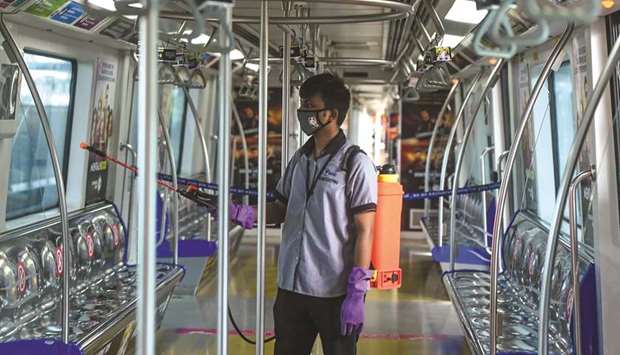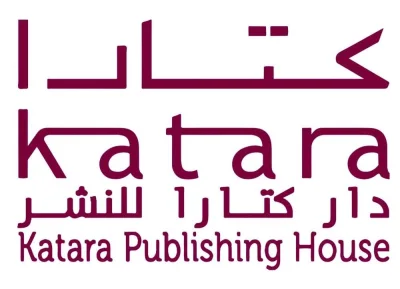The Russian Direct Investment Fund (RDIF) and Dr Reddy’s Laboratories Ltd have received renewed approval to conduct late-stage clinical trials in India of the Russian Covid-19 vaccine, the sovereign wealth fund said yesterday.
Large-scale trials of the Sputnik V vaccine in India were first announced and then knocked back by Indian regulators, who said the scale of Phase I and II trials conducted in Russia earlier this year was too small, requesting that they be repeated.
Following a new agreement, India will now carry out an adaptive Phase II and III human clinical trial involving 1,500 participants, RDIF, which is marketing the vaccine abroad, said yesterday.
Under the deal, Dr Reddy’s will conduct the clinical trials and, subject to approval, distribute the finished vaccine in India.
RDIF will supply 100mn doses to Dr Reddy’s.
Dr Reddy’s managing director G V Prasad in a statement said: “This is a significant development that allows us to commence the clinical trials in India and we are committed to bringing in a safe and efficacious vaccine to combat the pandemic.”
RDIF has reached agreements with Indian manufacturers to produce 300mn doses of the shot.
A Phase III trial involving 40,000 participants is underway in Moscow, with 16,000 people having already received the first dose of the two-shot vaccine.
Interim results are expected to be published in early November.
Indian regulators have agreed to incorporate data, provided by Russia on a weekly basis, from the Moscow trial, a source close to the deal said.
Russia has also reached an agreement with the biotechnology department of India’s Science and Technology Ministry to use its laboratories as a base for the Indian clinical trial, the source said.
Meanwhile, a media report said that India had begun identifying about 300mn people who would be given the vaccine first when it is ready.
The Times of India said that frontline health and sanitation workers, police officials and elderly people with co-morbidities will get the vaccine on priority.
The plan, which is still in the draft stage, aims to cover 23% of the population in the first phase.
The final plan is likely to be ready by end October-November, the report said.
The selected individuals will be given an estimated 600mn doses.
Earlier this month, Health Minister Harsh Vardhan had said that India hopes to receive up to 500mn doses of coronavirus vaccines by July next year to inoculate about 250mn people.
Officials have said that giving the vaccine to India’s 1.3bn people will be a mammoth exercise, likely to stretch well into 2022.
India’s cumulative tally of coronavirus infections stood at 7.43mn yesterday having risen by 62,212 in the last 24 hours, Health Ministry data showed.
But the number of active infections slipped below 800,000 for the first time in 1.5 months, which the ministry called a significant achievement.
India has recorded the world’s second-largest number of cases after the United States and worries have been high that there may be further spikes during the ongoing festival season.
In other developments, Prime Minister Narendra Modi yesterday reviewed the Covid-19 pandemic situation in the country and the preparedness of vaccine delivery, distribution, and administration.
The prime minister noted the steady decline in the daily Covid cases and the growth rate. He said the country should make use of experience gained in successfully organising mammoth elections and disaster management for the vaccine delivery system.
Modi said that in a similar manner the vaccine delivery and administration systems should be put in place.

An employee sanitises a coach as the Mumbai Metro network prepares to resume services after more than a six-month shutdown due to the Covid-19 coronavirus pandemic, at the Andheri metro station yesterday.


